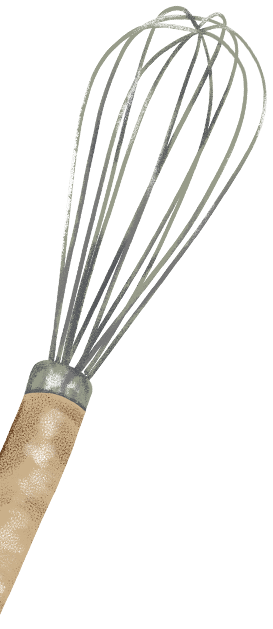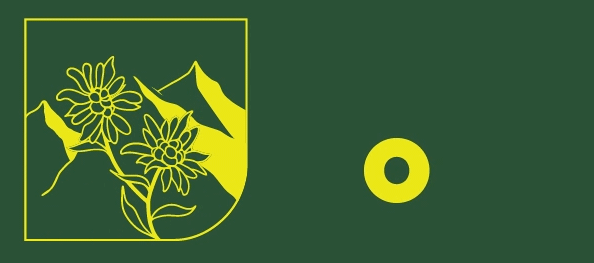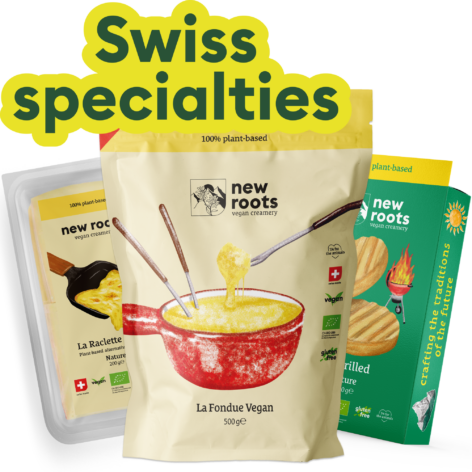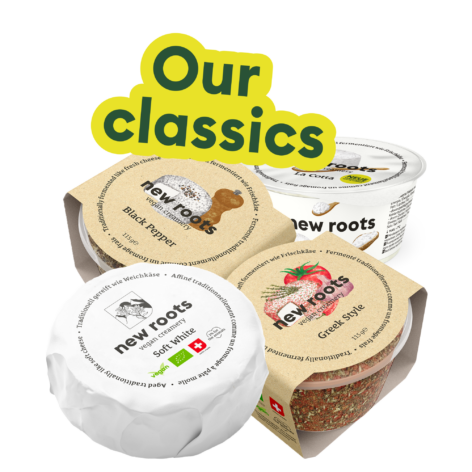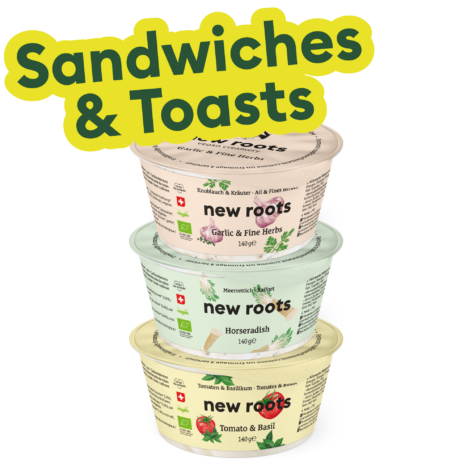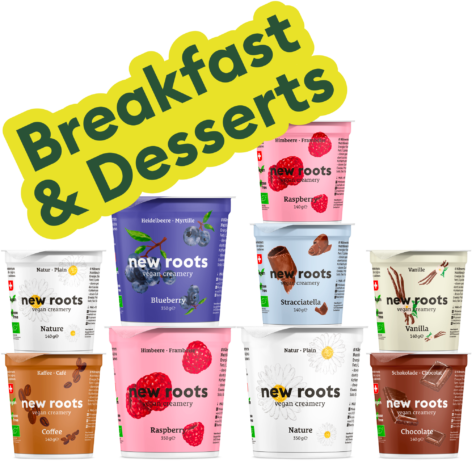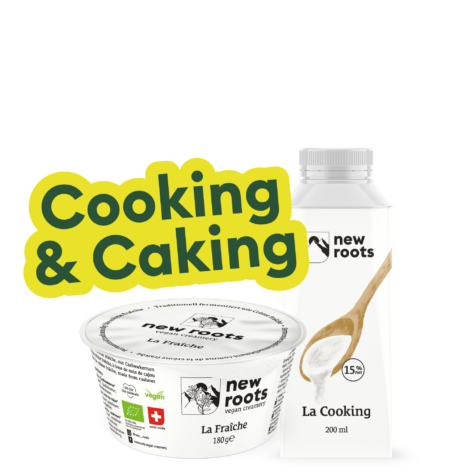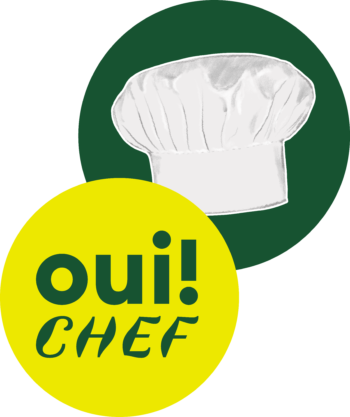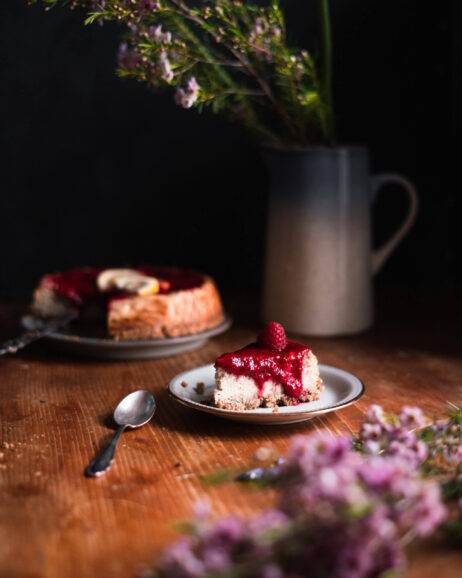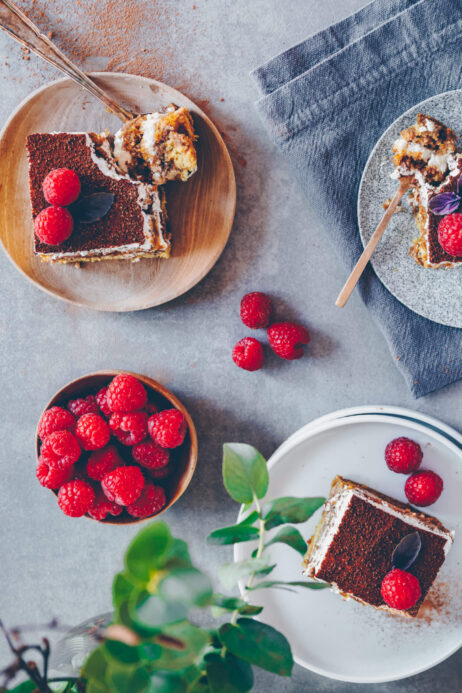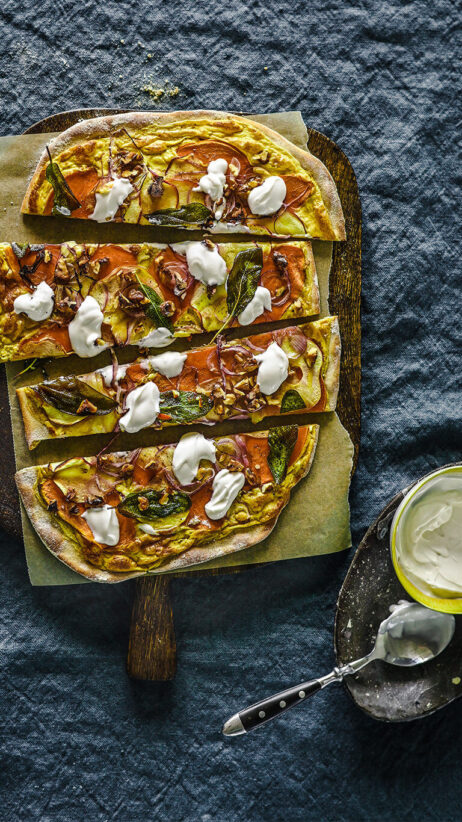Bruffhof sanctuary
article by Alice Fauconnet
With 1% for Animals, in this sanctuary, we sponsor a little cow named Xenia.
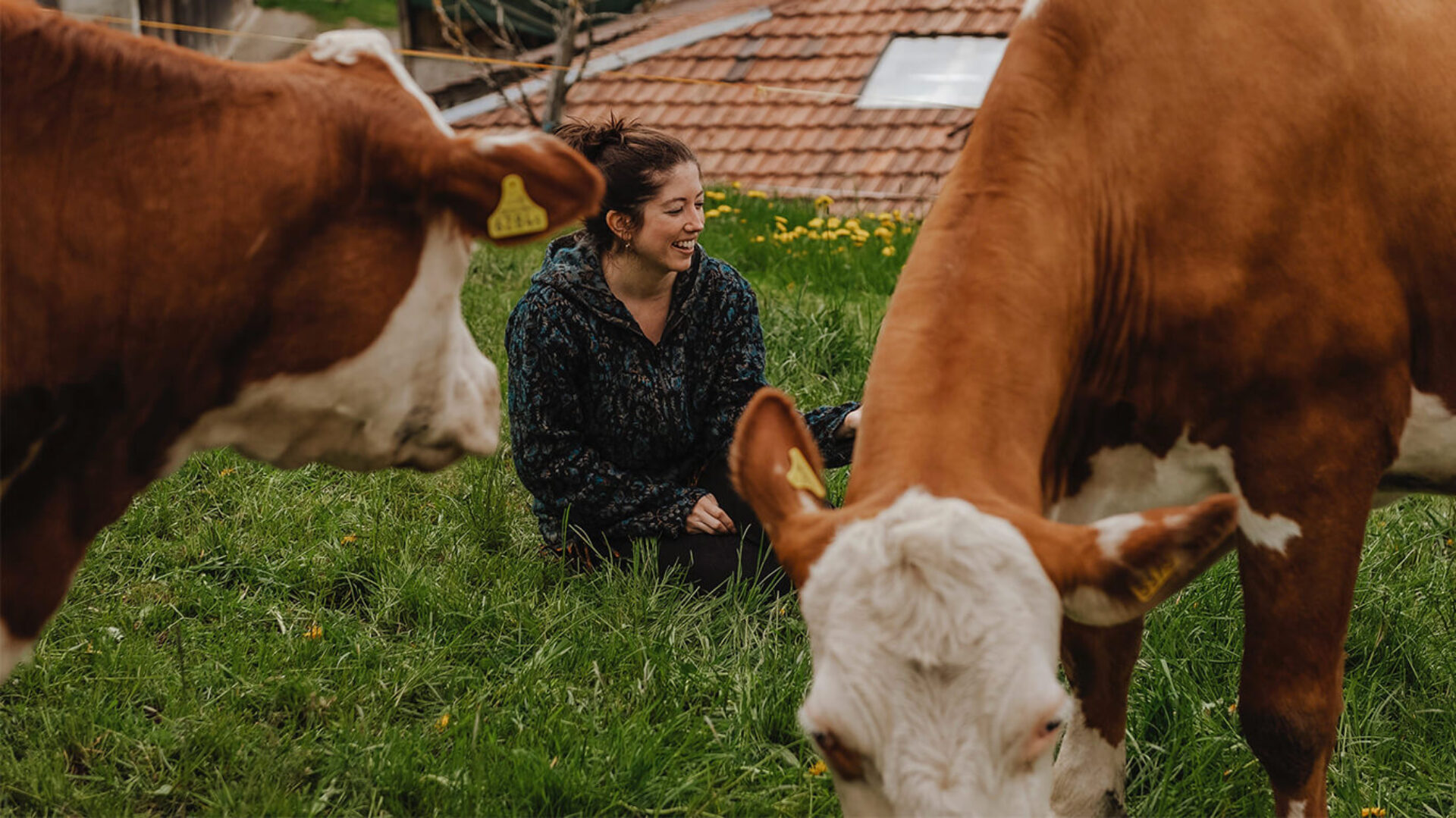
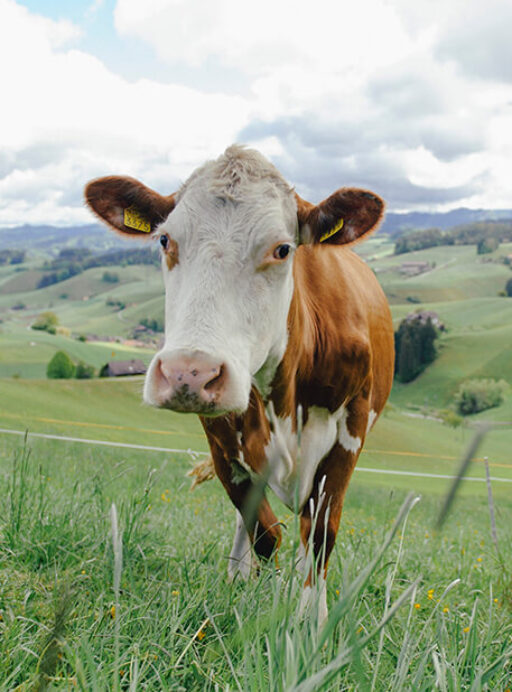
A day at the farm
We met Miriam and her father Franz, who have completely transformed their family farm in the Bernese Emmental. From a cow farm, who raised cows for dairy & meat, to an animal sanctuary. We wanted to know how they managed to change their daily life and what brought about this ethical awareness.
As I grew older, I started to see why we had cows and for what reason we raised them, first for dairy and later for meat.
How was it, growing on a cow farm for you?
Franz: I grew up on our farm called Bruffhof. Since childhood, I worked in agriculture passionatly, so it was obvious I would take over the farm. In my opinion, there is no job that’s more diverse and challenging than being a farmer.
Miriam: Generally, I loved growing up on our farm. I truly believe, it helped me forming the deep connection I have with nature and animals, it is where my roots lie. It was one of the greatest things for me, to get up in the morning and run around outside, play around the farm and in the surrounding forest all day long, until it was time to come back inside for dinner. But as I grew older, there has been growing another feeling more and more next to this pure, innocent happiness. I started to see why we had cows and for what reason we raised them, first for dairy and later for meat. From the moment I started to realize and to recognize the system behind, it was never again possible for me to be that happy again, as I once was. Going vegan truly felt like a relief for me and not at all like a «burden», because now my inner beliefs which I’ve had since childhood were alined with what I am doing on the outside and how I choose to live my life.
Can you walk us through a usual day at the sanctuary?
Miriam: In general, we start by feeding the animals in the morning and cleaning their places (mucking out). That is around 7 am. We do the same again in the evening, around 5 pm. During the day, there are things to do like building fences, bringing in the hay on the haystock, cutting grass, taking care of our veggie- garden, general gardening and maintenance etc. Now, the cows are not inseminated anymore. The last baby cows were born last year and we will never have baby cows again, from our own cows via insemination. So the cows also don’t give milk anymore, because a cow only gives milk when she has a child, to feed her baby. Same as us humans. And another big change also is, that no cow will have to go to the slaughter again. That is a big, new thing for us too: accompany a cow her whole life and be her lifelong home- and not slaughtering her at a fraction of her age that she could reach. We are curious and excited on how that will be: to, if hopefully the cow stays healthy, be with her for 20 years or longer.
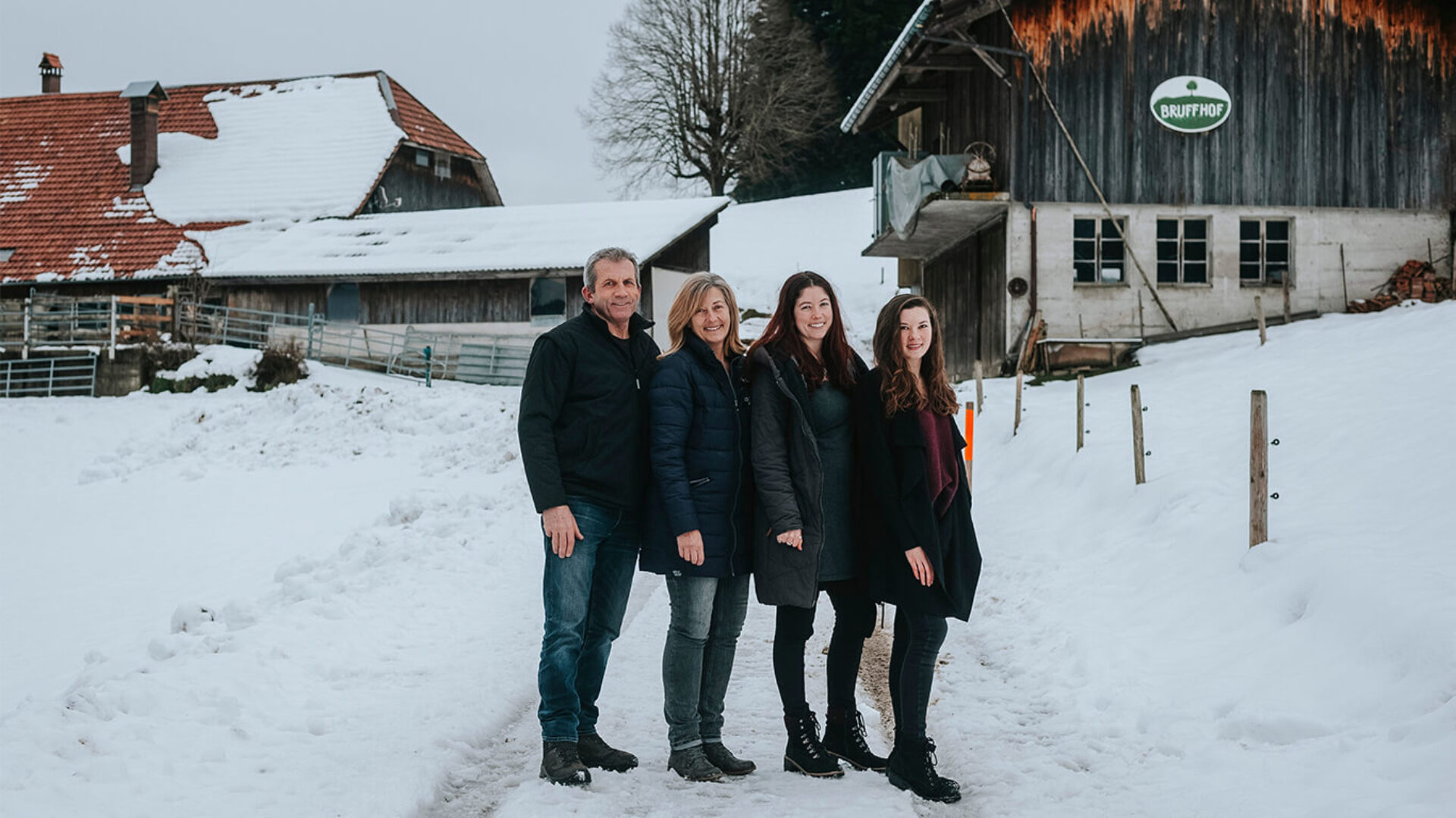
Do you feel like your connection to your animals has changed since you stopped raising them for food?
Franz: No, my personal connection with our animals didn’t change, because even before we decided to transform, I valued the fair treatment and good health care of all the animals I took the responsibility over highly. So I was always able to form a connection, for I knew I did everything in my power to provide a good life for the animal, for as long as they where with us. As a farm based on this philosophy, it’s easier to stop using animals.
Miriam: Yes. Before, it simply wasn’t possible for me to build a connection to the cows, because I haven’t been able to emotionally distance myself. I knew that, if I built a connection with that cow, if I gave her a name, if I tamed her, if I spent time with her and taking care of her, the day would come that I would have to look her in the eyes and tell her goodbye. So I chose to not get involved with the cows from the beginning. That was why I never went to the barn, why I never fed them or cleaned their places, why I never joined them on the meadow and why I’ve never been happy when a baby cow was born. Cause I already saw the slaughterhouse waiting. I am finally able to open myself fully up to the cows and build relationships with them, to see eye to eye and not living a lie anymore.
How's the transition from farm to sanctuary going? What can people do to support the sanctuary?
Franz: On a small farm like ours, it’s important to keep trying to find new innovative ways of farming and to keep an open mind to new ideas. Flexibility is what saves our existence as farmers. Through discussions with our daughters and with advice from other transformed farms, the trust in the concept of a sanctuary grew. Those talks where important to us, because as good as it souds to stop using our cows for meat, it comes with quite a financial risk. But because we have always highly valued the well being of the animals, it was only logical to focuss the future of our farm on that.
Miriam: We are always happy and thankful for new «godmothers and godfathers» for our animals, because they are truly the backbone of our sanctuary. Because as beautiful and fulfilling it is to run a sanctuary, without the financial support of our sponsors and people who believe in us and the concept, it wouldn’t be possible to do all of that. So there are many ways to support us, over monthly payments or one- time payments as well.
So people will start to see that there is another way, it doesn’t have to stay all the same all the time and there is a true chance for an alternate, more conscious and compassionate way for our relationship with animals and nature itself and finally, to heal ourselves.
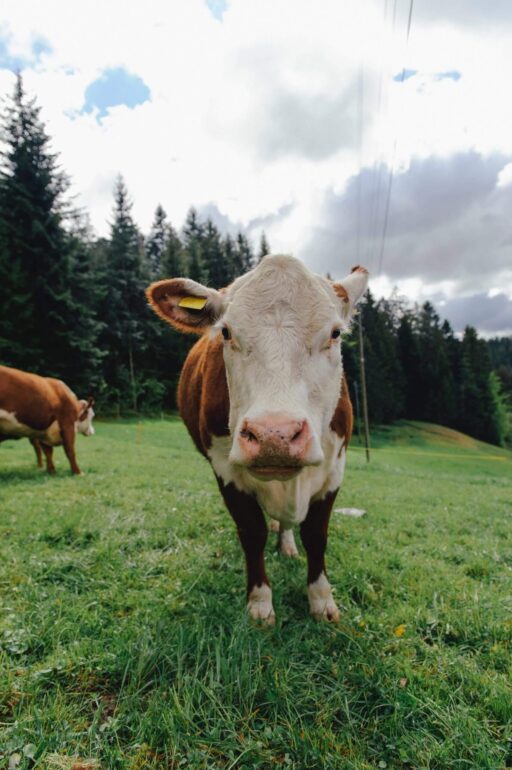
1% for the animals
As you know, we donate 1% of our sales to animal sanctuaries. Earlier this year we also decided to sponsor a cow in the Schwarz family sanctuary! Her name is Xenia, she is sometimes a bit stubborn, & lets it be known (loudly!) if the food doesn’t suit her taste. But she quickly wraps everyone around her finger with her long eyelashes.
You also like
